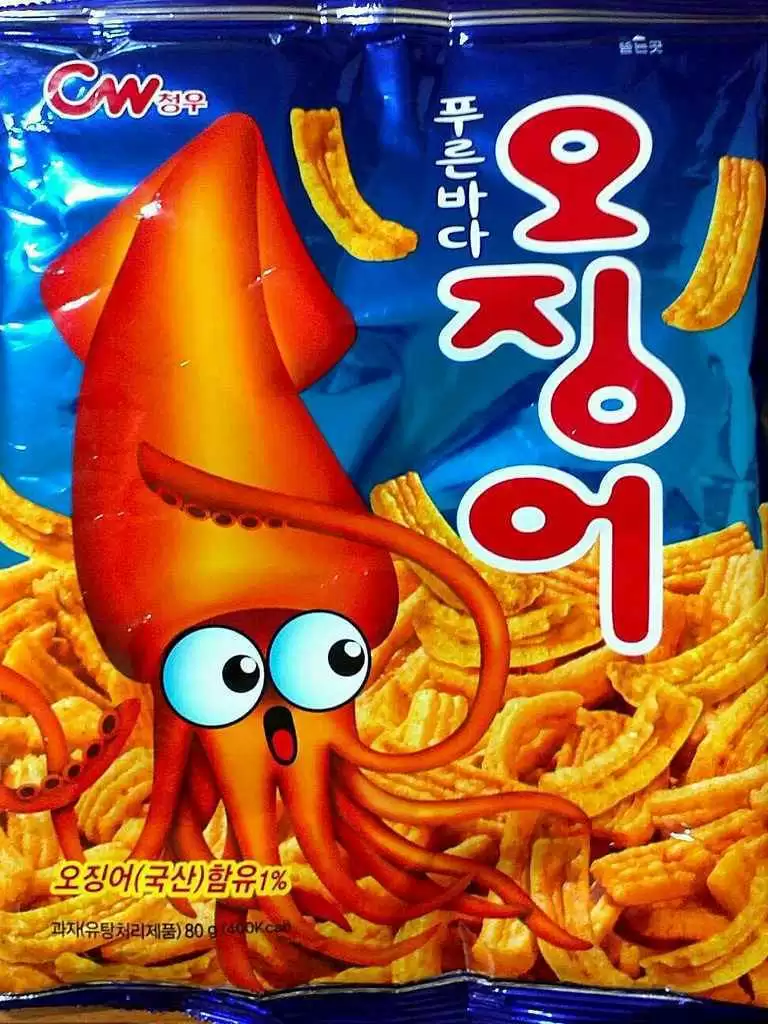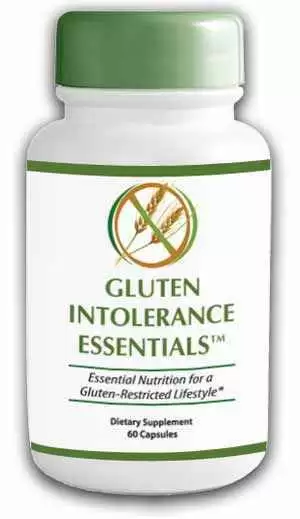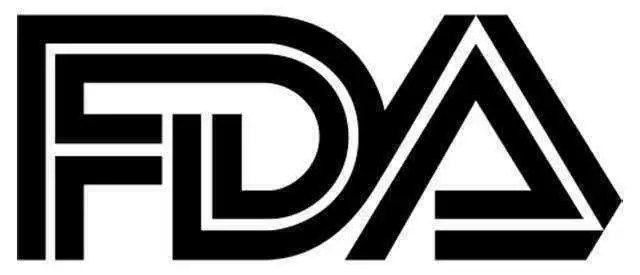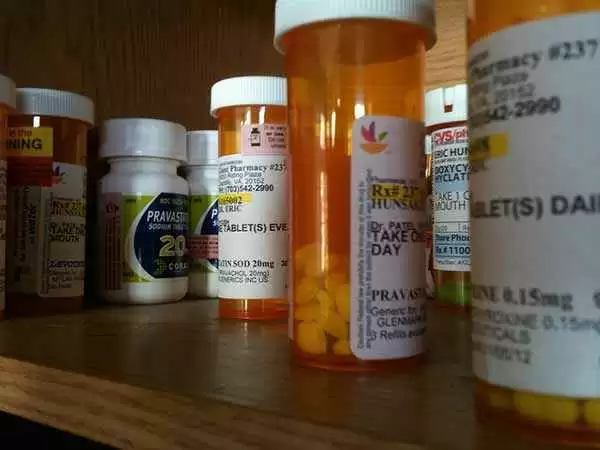
Celiac.com 06/17/2017 - Hello, my name is Gerry. I am a certified Medical Technologist currently working as a Clinical Systems Analyst. I was diagnosed with celiac disease in 2006 by blood/biopsy. I have two wonderful children, 1 of whom has screened positive for a celiac gene pair. My strong background in Medical Technology assured a quick diagnosis once symptoms appeared. Since then, I have been living a strict gluten-free life. I have gone through nutritional counseling at Mayo Clinic and have an enhanced background with my understanding of the world of gluten. I use my experience and knowledge to accurately base my decisions on whether a product is safe for me. To prove my diet to be effective, I have had my TTG levels measured every 6 months since 2006—all were negative. Also, I have had 3 biopsies after beginning my gluten-free life and all were negative for villous atrophy. I do understand that my medical follow-ups do not prove that I am not ingesting small amounts of gluten; they simply indicate that I am not reacting. As for me, I view the gluten-free life to be much simpler and cheaper than it once was, and fear that strict gluten labeling guidelines have the potential to negatively shape the gluten-free life that I know and live today.
Within the last few years, I have been receiving emails to ask my support regarding the FDA's gluten-free labeling rule. At first, I was a supporter as I wanted to support the celiac community since I was part of it. However, after I sat down and really thought about it, I am questioning the benefits of a strict gluten labeling act. In fact, I am predicting a negative impact if gluten labeling guidelines are too strict.
Celiac.com Sponsor (A12):
When I started my gluten-free life in 2006, my grocery bill was atrocious. I was paying very high prices for the simplest of things. Tortilla chips $3.89 for a 6 oz bag. $3.99 for 8 oz of mustard. $5.99 for gluten-free mayonnaise. As the years moved on I noticed two changes that positively impacted my life as a celiac. The first is that many manufacturers have a list of their gluten-free products on their website along with explanations of how their company handles gluten. The second is the fact that many generic/in-store-brand companies are now labeling their products as "Gluten Free" or "Naturally Gluten free". Because of these two advancements, my life is so much easier and much more cost effective. This makes it easy to stick with my diet and keep my health safe and spirits up.
Currently, if a product is made without gluten, it can be labeled as "gluten-free". Many products are available at a fraction of the cost and they are safe. Now that my family eats gluten-free, I have noticed that in today's world my grocery bill seems much more normal and realistic: gluten-free mustard $1.29; gluten-free mayonnaise $1.59;20 oz bags of tortilla chips labeled gluten-free $2.59; 8 oz bag of gluten-free cheese $1.99. You see, living a gluten-free life with today's rules is easy and I believe it to be safe if we are careful and make educated decisions.
At this time we have many inexpensive non-brand/in-store brand name products that are widely available. I know of some stores that have 20+ pages of gluten-free items on an excel spreadsheet for their own brand of products, including medications. There are stores that update these lists quarterly, and most are listed by bar-code number. I can simply print the list and buy all of my products safely and inexpensively. I could easily make a phone call to clarify items that I may disagree with, or inquire about cross-contamination. Are these products that I speak of above tested for gluten? I don't believe so. Are these products free of gluten ingredients? I trust that they are. Is there cross-contamination? Maybe. It is easy for me to call and ask about their product lines. Are these products safe for me? I believe so, as I have the blood tests to prove they have been safe for me.
Phone calls to companies on products that are not labeled as "gluten-free" are still the norm even though they are getting less frequent. As an expert, I am able to screen who I am talking to and the company's knowledge about gluten. I have been able to make accurate judgments on these products as well as deciding whether I believe them to be safe. In many of the cases, the company claimed their product to be free of gluten and I felt comfortable consuming the product. Yes, there were companies that didn't have acceptable knowledge/quality control and I didn't feel these products were safe so I didn't consume them.
My first question to the celiac community is this. Do we need a strict gluten-free labeling act when we already have companies testing for gluten and providing safe products? If we want our products batch tested for gluten, we can simply purchase the ones that are currently available as there are many. If we want to know the threshold that the company considers as gluten-free, we can call them and they will tell us. Are there currently batch tested gluten-free products on the market? Absolutely. Many companies state on their packaging that they have been tested to under 20 or 40 ppm. If a company is testing, they make it known on the label and in the price of the product.
My next question is what will a strict gluten-free labeling act do for us? I believe that it will ensure that a product is safe for celiac patients defining what a product needs to be in order to be labeled as gluten-free. Simple-yes. How do we suppose a company is going to know if their product is gluten-free? Well, if you ask me, it will NEED to be tested. Who will pay for this testing? I believe that the celiac community (the consumers) will be paying for this in higher food prices. If a company has to test a product to label it gluten-free, the price will need to go up in order to pay the cost of the testing and the quality control program for the company. We know this to be true as these products are already accessible.
I see a possible negative impact of this labeling act if it were to be made too strict. I believe that manufacturers that do not test for gluten may need to pull their "gluten-free" labeling from the package. This could eliminate most of the inexpensive safe products that I currently purchase today. We know there are many manufacturers out there that label products as gluten-free as they simply do not use gluten ingredients. I believe these products may recede. I am not so sure a company will be able to label these products as gluten-free without first testing them. Even if they are allowed, I am not so sure they will take the risk. Therefore negatively impacting our pricing/availability.
Will Gluten free lists on websites go away too? I believe these could fade or be at risk as well. If there is a law/act that dictates the amount of gluten in a product, I would think that a company would not create gluten-free lists of products without proving them to be gluten-free by some form of testing in an attempt to avoid legal action against them.
What about our phone calls to companies asking if their products are gluten-free? Will they have a gluten-free list to review? I would tend to think that they may not be provided with a gluten-free list to reference. I have a hunch they may say, "We do not test any of our products for gluten and therefore are unable to tell you whether the product is gluten-free". I know that reply will complicate my life in many ways. The first thing that comes to my mind, in this regard, are the calls to pharmaceutical companies regarding medications.
I feel that there are better ways to change the labeling as we know it that would offer a more positive effect on the celiac community. Maybe just changing the package labeling to force companies to list wheat, oats, rye, and barley on the packaging. How about requiring mandatory labeling of products that share lines with "gluten" containing ingredients? When we look at the big picture, I think it is safe to theorize that the impact of strict gluten labeling guidelines goes far beyond just providing safe products. In conclusion, I ask these questions. Will a strict gluten labeling act have the potential to negatively impact the celiac community by increasing prices and decreasing availability? And lastly, have we looked at the possible outcomes from all angles?










Recommended Comments
Create an account or sign in to comment
You need to be a member in order to leave a comment
Create an account
Sign up for a new account in our community. It's easy!
Register a new accountSign in
Already have an account? Sign in here.
Sign In Now